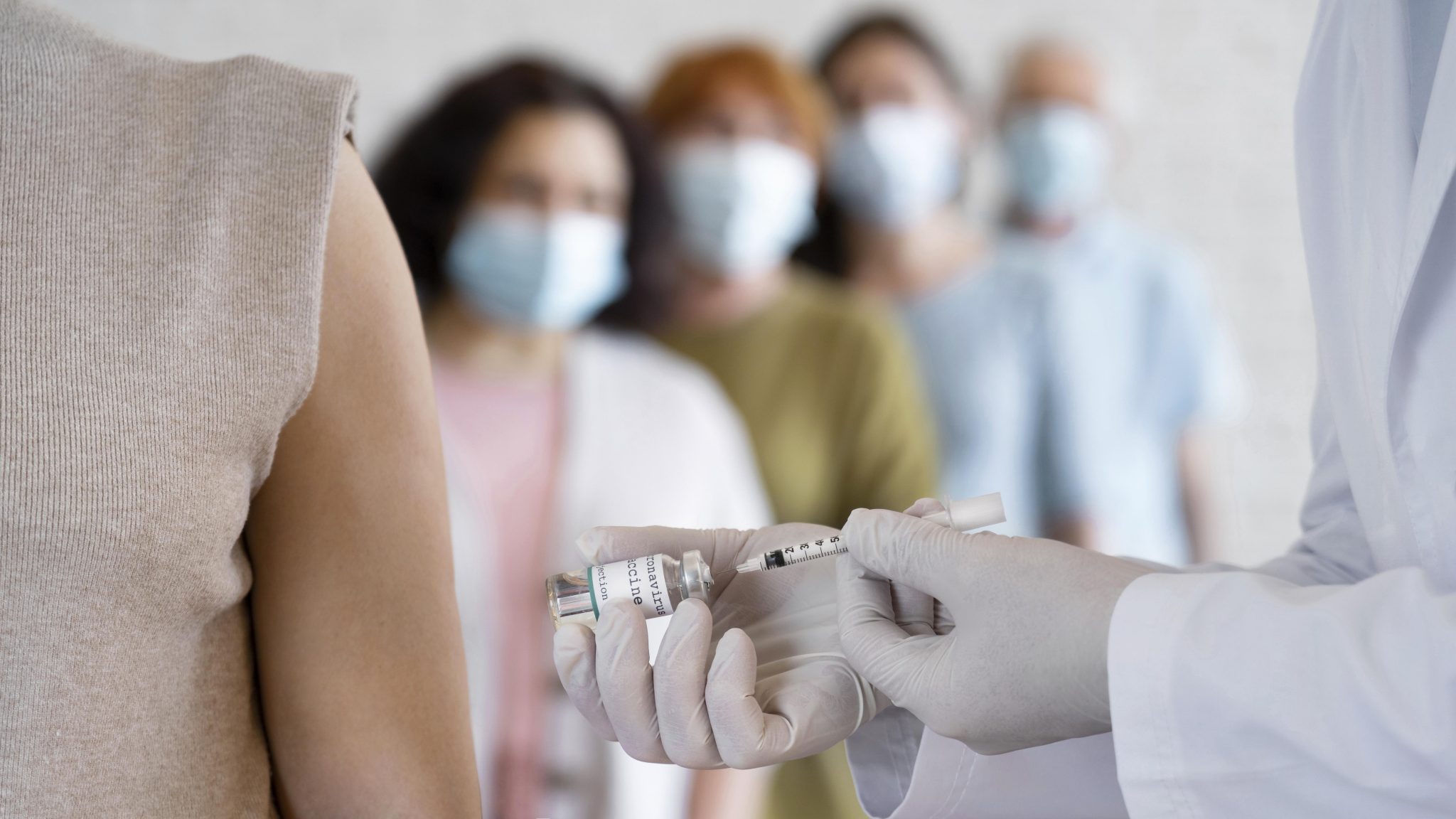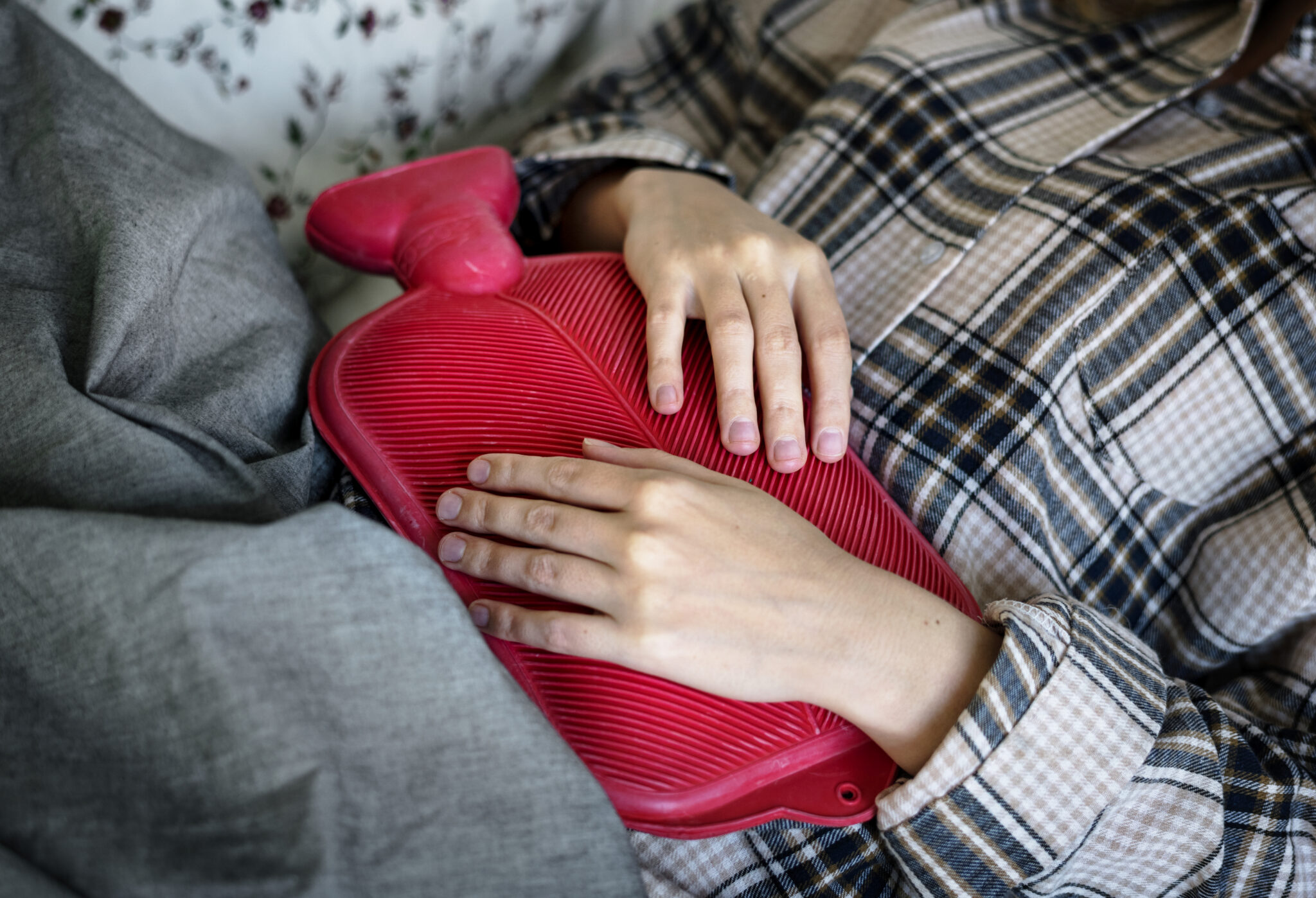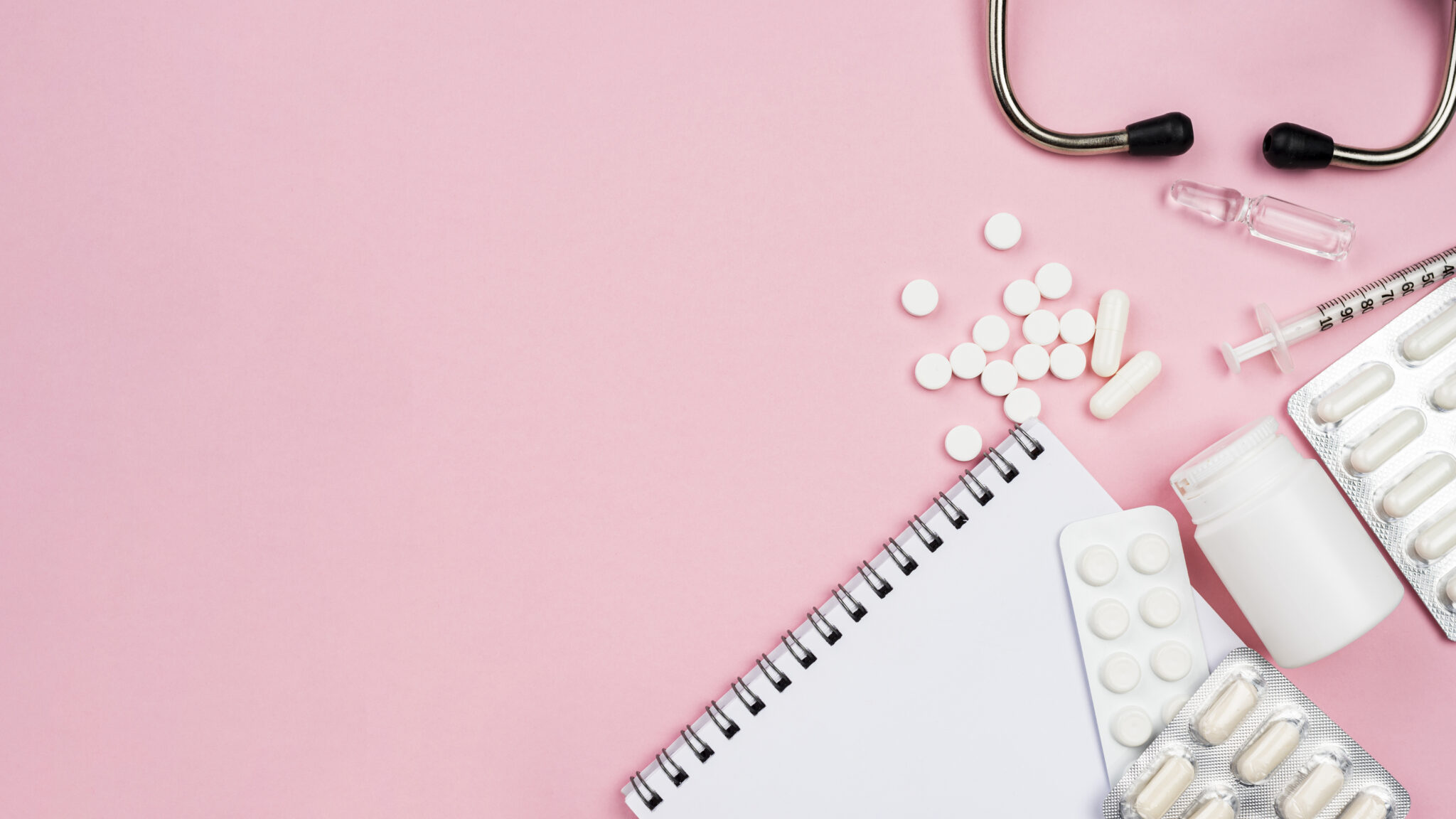
Can the COVID Vaccine Affect My Cycle?
The COVID-19 pandemic continues to be a major threat to public health, and vaccinations are proving to be incredibly helpful in slowing the spread and the virus and reducing the intensity of the illness in those who do contract it. Although the available vaccines against COVID-19 have all been authorized by the FDA, many people are still concerned about the safety and efficacy of the drug. Some wonder if the vaccine will affect their period and their reproductive health.
As of now, injection site pain, fatigue, and fever are the most common side effects of the Pfizer, Johnson and Johnson, and Moderna vaccines, but changes to the menstrual cycle are not listed as side effects for any of them. However, there have been some women reporting that their periods were disrupted after receiving the vaccine. Dr. Victoria Male, a reproductive specialist at Imperial College London has been calling for further research into the effects of the vaccines on reproductive health, and says that over 30,000 people have reported some change to their period following vaccination. However, she also reports that cycles typically return to normal the next month and that there is no evidence that receiving a COVID-19 vaccination has any negative effects on fertility.
About 213 million Americans are currently fully vaccinated against COVID-19. The 30,000 that Dr. Male reports have experienced menstrual changes make up a comparatively small number. Dr. Male believes that the reason the effects of the vaccine on periods is not currently well-researched is because the percentage of people who experience them is so small. However, she believes that this research is important in order to dispel public fear around the lifesaving vaccine, especially the idea that it will cause infertility.
“Vaccine hesitancy among young women is largely driven by false claims that covid-19 vaccines could harm their chances of future pregnancy,” she writes in an editorial for the BMJ. “Failing to thoroughly investigate reports of menstrual changes after vaccination is likely to fuel these fears.”
Dr. Male hypothesizes that “if there is a connection, it is likely to be a result of the immune response to vaccination rather than a specific vaccine component. Vaccination against human papillomavirus (HPV) has also been associated with menstrual changes. Indeed, the menstrual cycle can be affected by immune activation in response to various stimuli, including viral infection.” Essentially, the correlation between the vaccine and menstrual disruption does not mean that part of the vaccine is having a negative effect on a woman’s cycle. Periods can be skipped or even stop altogether over something as simple as stress, and as the vaccine produces the necessary immune response that helps the body to fight off COVID-19 in the future, it’s possible that the stress of that response on the body could cause a change to your cycle.
This reported side effect of the vaccine is not fully understood at this time, but neither is menstrual health. In an interview to Medical News Today, Dr. Sarah Gray– a general practitioner and women’s health expert based in Cornwall, England– said that “Women’s health has not been a research priority for the last 20 years and there is much we do not know.”
The situation at hand requires further research into both the effects of the COVID-19 vaccine on women’s health and into women’s health in general. The first half of this two-part dilemma is already beginning to be addressed, with a study published in January of 2022 that included nearly 4,000 individuals and turned up that the vaccine has minor effects on the length of the cycle, but that these changes were temporary. Continued research will need to be conducted, but women receiving the vaccine should rest assured that although there is a small chance they will notice temporary changes to their period, the COVID-19 vaccine does not pose a danger to their reproductive health and fertility, and the virus remains a greater threat than the vaccine.



